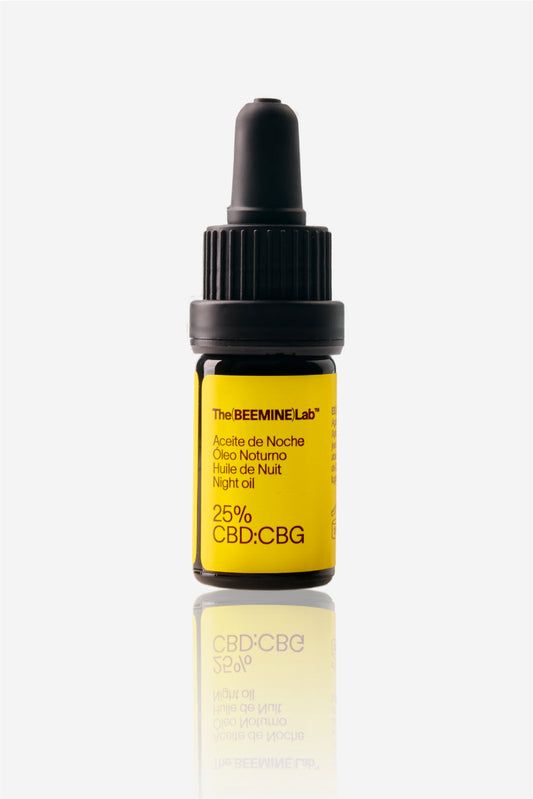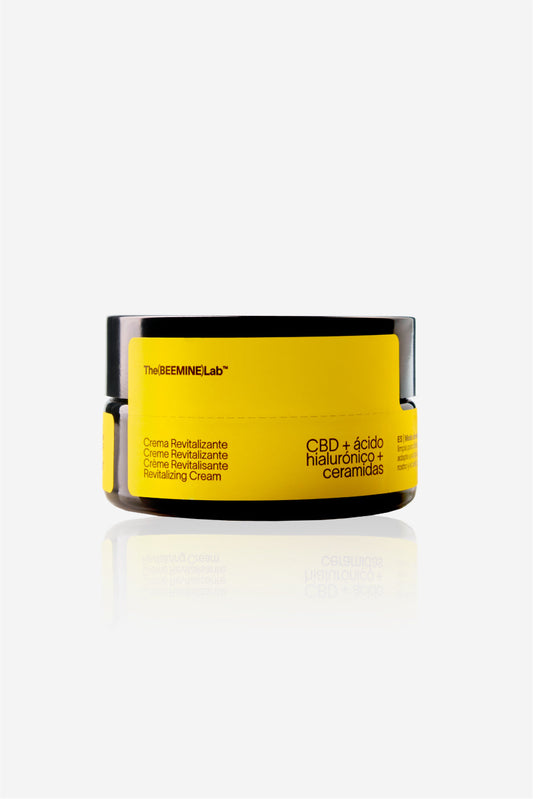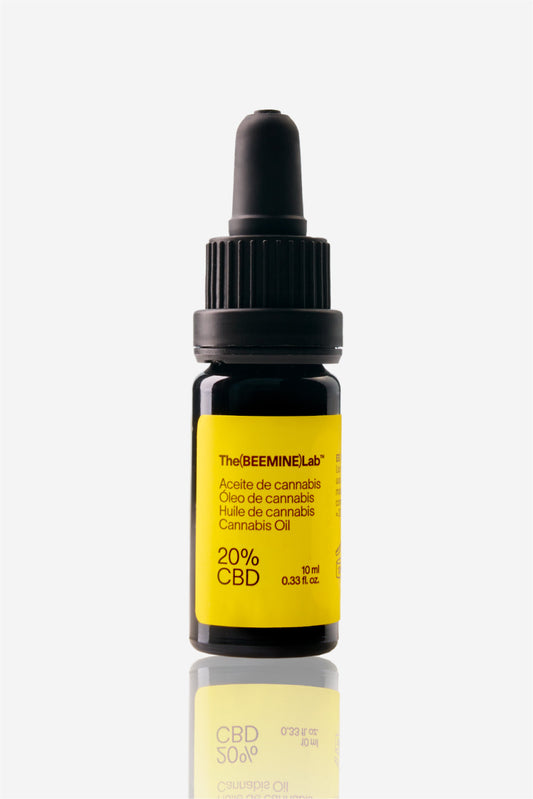What is autism?
Autism Spectrum Disorder (ASD), popularly known as autism, is a developmental disorder that occurs primarily from childhood onwards and mainly affects communicative and social interaction functions and cognitive functions such as attention, concentration, behavioral inhibition and mental flexibility. It has a prevalence of 1%(2) and can also be diagnosed late. There are different profiles of people with autism, some capable of maintaining an autonomous life while others may develop a high degree of dependency due to the severity of the symptoms. Asperger's syndrome, for example, is considered part of ASD but without the appearance of intellectual dysfunctions. Autism can be accompanied by other emotional disorders such as depression, anxiety and insomnia , and even lead to episodes of self-harm. These factors can be a consequence of communication and social difficulties, such as not understanding what behaviour to expect from others and not understanding what others expect. Furthermore, in 10-30% of cases, ASD is associated with epilepsy, a factor that can further worsen the clinical picture. (1-3-4)What are the symptoms of autism?
People's profiles can vary greatly depending on the impact of different functions:- Problems with communication and social interaction : the person with autism seems to not “understand” the outside world in some way, and therefore has learning difficulties in how to relate to others, how to understand pragmatic or non-literal verbal communication, non-verbal communication and consequently how to express themselves in the most appropriate way.
- atypical activities : usually reduced and repetitive
- Attention disorders : difficulty focusing or concentrating, sensitivity to some specific details, learning disorders and possible presence of attention deficit hyperactivity disorder (ADHD)
- higher cognitive functions : a certain degree of mental rigidity and difficulty in inhibiting certain behaviors or reactions usually appears, in addition to having difficulty adapting to new or changing situations.
- a certain degree of intellectual deficit : often accompanied by a specific ability of excellent grade, for example related to memory or calculation
What causes autism?
The main cause of autism appears to be represented by genetic factors whose expression can be facilitated or hindered by environmental factors, although at present genetic causes can only be traced in 15% of cases. There is scientific evidence that considers an imbalance of the immune system in the mother's body as a risk factor for the development of ASD, which would cause the same problem in the person with ASD, who would also develop a chronic inflammatory state at the neurological level throughout the Central Nervous System . (8) The most effective treatments focus on psychosocial intervention strategies to improve the development of cognitive, social and communicative functions, optimizing children's learning methods at an intellectual and behavioral level. Pharmacological treatments are prescribed primarily to treat emotional and behavioral problems and to relieve anxiety, nervousness, impulsivity and depression. (1-3-4)Can CBD help with autism?
Unlike internal use, through which it is possible to administer CBD in different dosages, with external use the dosage is more fixed and standardized, since applying a larger amount of product does not increase its absorption. Depending on the size of the area of the body to be treated, 1-2ml (the equivalent of half a teaspoon) can be used for smaller areas such as the knee or neck, while for larger areas such as the back or the entire leg, up to 10ml can be used . You can apply 3 to 5 times a day and it is very important to massage gently until completely absorbed to optimize the bioavailability of the CBD oil, whose effect can last 2-3 hours.
Are there any side effects from its use?
There are studies in both animals and children with ASD that have shown an alteration in the functioning of the Endocannabinoid System , responsible for maintaining the balance of our body, recording:- a deficit in the levels of Anandamide , one of our main endocannabinoids
- alterations in different neurotransmitters related to the ECS
- an imbalance of the CB2 endocannabinoid receptors , responsible for modulating the immune system and inflammatory processes in the body
 Thanks to its properties, CBD can represent a very valuable therapeutic tool for people suffering from ASD, providing:
Thanks to its properties, CBD can represent a very valuable therapeutic tool for people suffering from ASD, providing:
- an anxiolytic and antipsychotic effect very useful for improving emotional management and social behavior
- a stimulating effect on the ECS , favoring an increase in Anandamide levels
- a favorable effect on cognitive functions and on communicative and social functions
- a relaxing effect , to promote sleep and mental and physical relaxation
- an anti-inflammatory and immune system regulating effect , to improve imbalances in the defense system and the state of chronic neurological inflammation
Studies on the use of CBD oil for autism
In one study (5) an improvement in behavioral symptoms was recorded in 61% of participants after treatment with sublingual CBD oil , while in others an improvement in cognition, communication and social skills was also observed, and consequently in quality of life. It is also important to mention an improvement in sleep problems, hyperactivity and self-harm episodes, in addition to the beneficial effects in cases of epilepsy. (6-7-9) According to the evidence on anti-inflammatory and immunomodulatory properties, CBD would represent a first-choice tool to improve chronic inflammation at the neurological level and the body's immune response, (8) which could lead to different types of improvement.Should THC be avoided when treating autism?
Traces of THC are present in the oils used in the studies due to its importance in promoting the effect of CBD as part of the broad spectrum extraction, but never in its pure form due to its psychoactive effects that can negatively affect children with ASD. (5-6-7-9) Therefore, it should not be avoided, although it is advisable not to exceed low levels in products that maintain a CBD:THC ratio of approximately 20:1.What CBD oils should I use?
In autism, to be able to take advantage of the benefits of CBD it is necessary to use it internally (not regulated in the EU) Some studies have used doses of 0.7 to 2 mg per kg of weight per day, without exceeding a daily amount of 40 mg to 70 mg. Other studies, however, have used high doses of up to 600 mg of CBD per day, although due to the biphasic effect, other side effects such as drowsiness or restlessness may appear (5-6-7-9). For this reason, it is advisable to use a medium concentration oil (5-10%), starting with a low dosage and gradually increasing until the effects appear. In any case, it is always advisable to be able to obtain advice and follow-up from a specialized health professional . Literature:
Literature:
- https://www.who.int/es/news-room/fact-sheets/detail/autism-spectrum-disorders
- Global prevalence of autism: A systematic review update. Zeidan J et al. Autism Research – March 2022
- http://www.autismo.org.es/sobre-los-TEA/trastorno-del-specto-del-autismo
- https://www.cdc.gov/ncbddd/spanish/autism/facts.html
- Aran, A., Cassuto, H., Lubotzky, A., Wattad, N., & Hazan, E. (2019). Brief Report: Cannabidiol-Rich Cannabis in Children with Autism Spectrum Disorder and Severe Behavioral Problems-A Retrospective Feasibility Study. Journal of autism and developmental disorders , 49 (3), 1284–1288. https://doi.org/10.1007/s10803-018-3808-2
- Bilge, S., & Ekici, B. (2021). CBD-enriched cannabis for autism spectrum disorder: an experience of a single center in Turkey and reviews of the literature. Journal of cannabis research , 3 (1), 53. https://doi.org/10.1186/s42238-021-00108-7
- Barchel, D., Stolar, O., De-Haan, T., Ziv-Baran, T., Saban, N., Fuchs, D.O., Koren, G., & Berkovitch, M. (2019). Oral Cannabidiol Use in Children With Autism Spectrum Disorder to Treat Related Symptoms and Co-morbidities. Frontiers in pharmacology , 9 , 1521. https://doi.org/10.3389/fphar.2018.01521
- Carbone, E., Manduca, A., Cacchione, C., Vicari, S., & Trezza, V. (2021). Healing autism spectrum disorder with cannabinoids: a neuroinflammatory story. Neuroscience and biobehavioral reviews , 121 , 128–143. https://doi.org/10.1016/j.neubiorev.2020.12.009
- Silva, E., Junior, Medeiros, W., Torro, N., Sousa, J., Almeida, I., Costa, F., Pontes, KM, Nunes, E., Rosa, M., & Albuquerque, K . (2022). Cannabis and cannabinoid use in autism spectrum disorder: a systematic review. Trends in psychiatry and psychotherapy , 44 , e20200149. https://doi.org/10.47626/2237-6089-2020-0149







